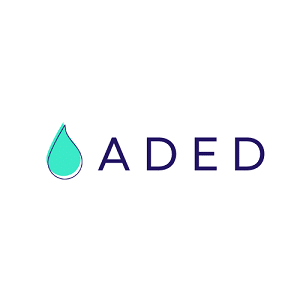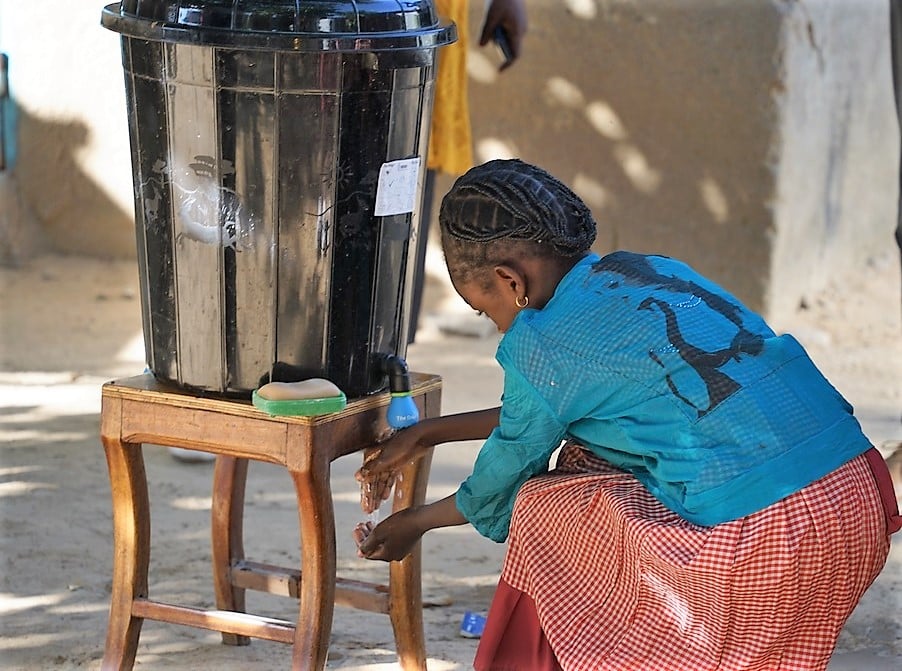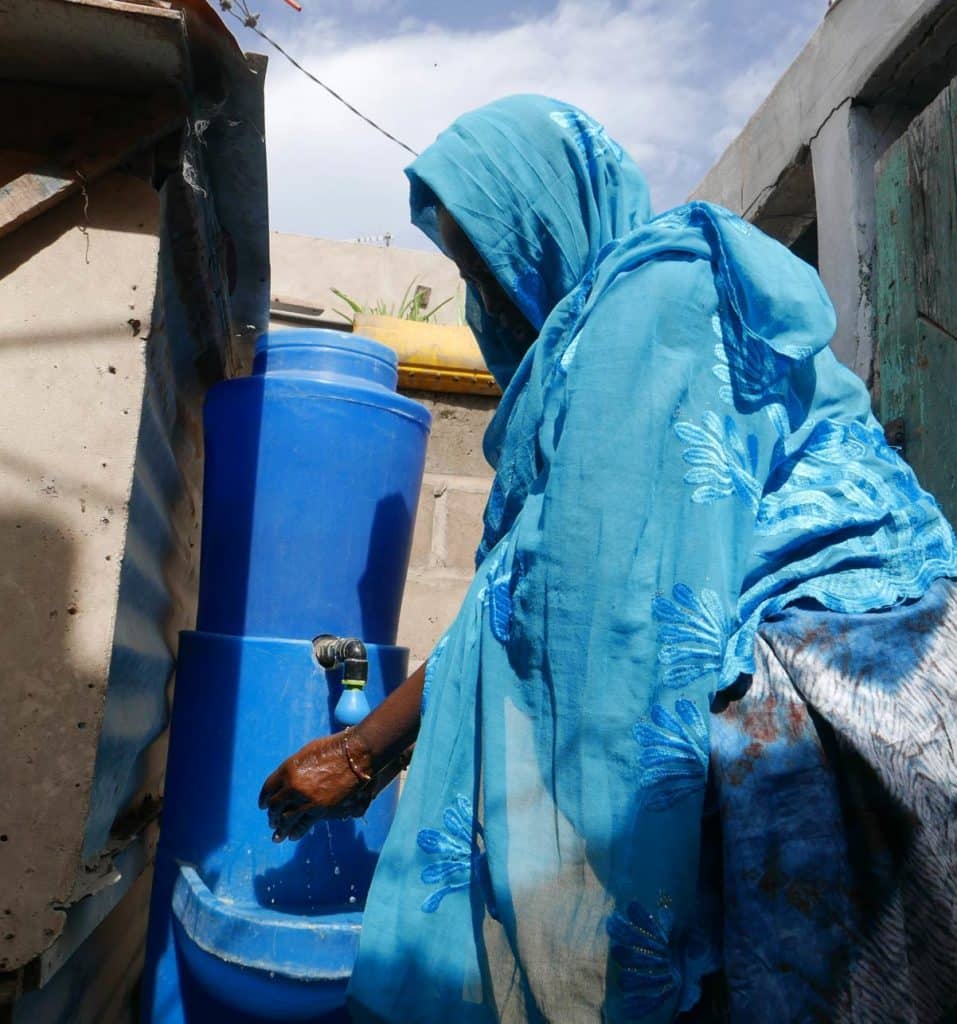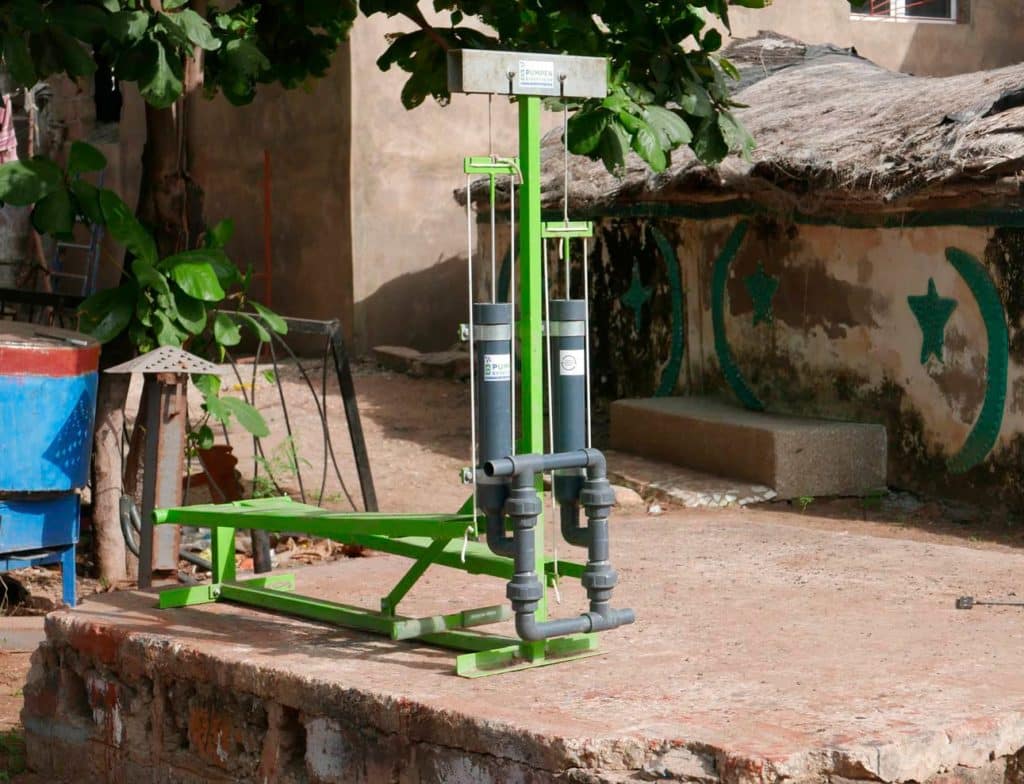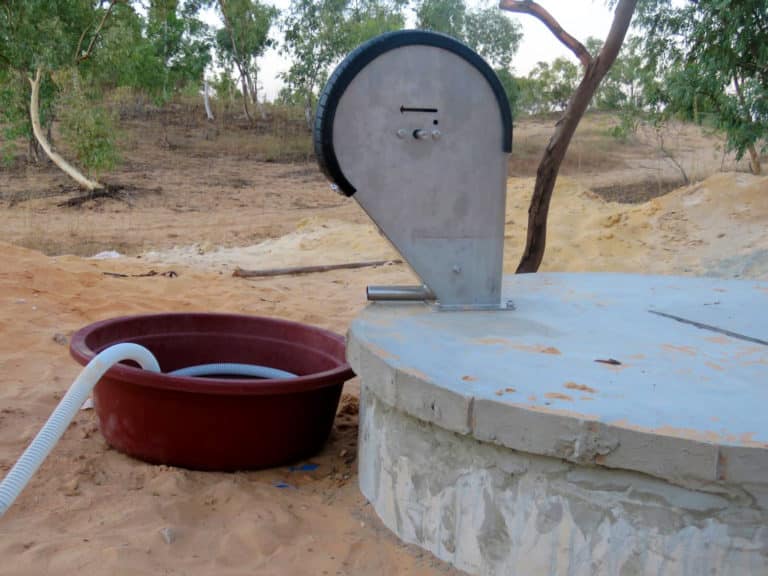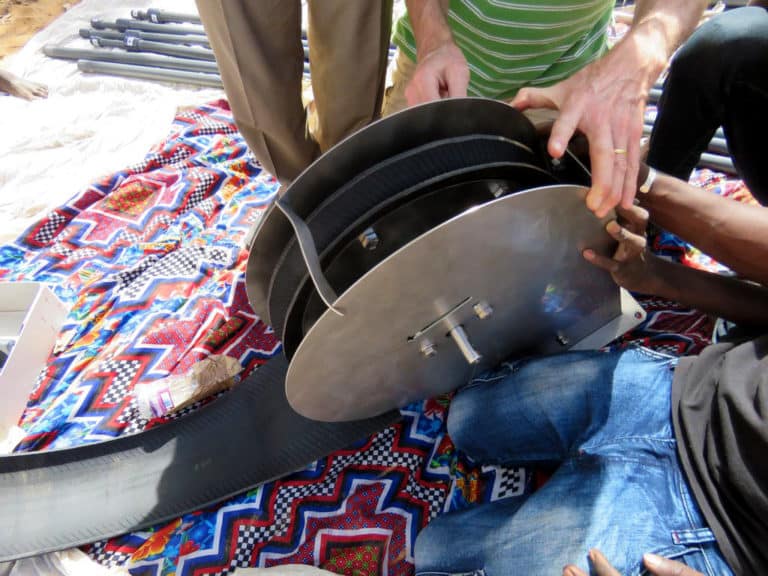ADED'S MISSION : DEVELOPING INNOVATIVE SOLUTIONS
ADED works for sustainable development in the fields of water, sanitation and hygiene (WASH). It is committed to improving the well-being of vulnerable populations and contributing to a future that is more respectful of the environment.
- Improving water access, quality and quantity
- Installation of treadle and rope pumps to draw water
- Installation of water treatment systems
- Raising awareness of hand hygiene and installing hand-washing facilities
- Improving sanitation infrastructures
- Promoting and developing small income-generating businesses
Key Features :
Improving access to drinking water:
The association strives to provide reliable access to drinking water in regions where this vital resource is limited or inaccessible. It installs
infrastructure such as boreholes and wells, human-powered and solar-powered water pumps, water towers and distribution networks, drinking water treatment systems and taps designed to minimise water consumption.
Sanitation solutions:
ADED works closely with local communities to implement sanitation solutions tailored to the specific needs of each region. This helps to reduce the spread of water-related diseases and improve public health.
Sustainable development:
The association is committed to promoting sustainable development by raising community awareness of good hygiene practices and responsible water management. These efforts have a positive impact on the environment by reducing water contamination and helping to conserve natural resources.
Resource mobilisation:
ADED raises awareness of its mission among potential donors and partners, mobilising valuable financial resources to support its projects. This enables the association to extend its scope and increase its impact.
Innovative products:
The association develops and offers innovative products such as water pumps, « The drop® » tap, and drinking water treatment systems. These products contribute to more efficient use of water resources and improved hygiene.
ADED intervient tant dans les zones rurales et périurbaines d’Afrique de l’Ouest, d’Asie du Sud et Centrale ainsi que d’Amérique latine.
Notre organisation a acquis une expertise considérable et établi des partenariats solides avec des acteurs locaux dans nos zones d’intervention. Cela nous permet d’apporter une valeur ajoutée aux initiatives locales.
L’objectif d’ADED est d’intervenir dans d’autres pays également, afin d’étendre son impact et de contribuer à l’amélioration de l’accès à l’eau potable et à l’assainissement dans des régions qui en ont besoin.
Pour ce faire, vous pouvez nous soumettre vos projets.
LATIN AMERICA
Ecuador, Bolivia, Brazil
SOUTHERN AND CENTRAL ASIA
Karakalpakistan, Cambodia
AFRICA
Cameroon, Senegal, Chad, Angola, Malawi, DRC
The association develops and offers innovative products such as human-powered and solar-powered water pumps, The Drop® eco-sanitary tap, and drinking water treatment systems.
The Drop®
ADED designed and developed The Drop® tap for hand washing. In 2021, ADED transferred all production and marketing rights to Links To Water Development SA.
The tap :
- Adapts to a wide range of devices, such as jerry cans, containers, bottles, etc.
- Makes hand-washing easier for people with limited access to water.
- Saves 70% of water consumption.
BASILEA PUMP
Pedal pump
The Basilea pump, the result of collaboration with Swiss engineers in 2011, stands out for its lightness and mobility, offering drinking water supply as well as irrigation capabilities.
With a maximum depth of 6 metres, this suction pressure pump can propel water over long distances through irrigation pipes and fill a tank up to 14 metres higher. Easily transportable as hold luggage or with the passenger, it enables water points to be set up quickly and at low cost.
The Basilea pump has been successfully deployed in Senegal, Bolivia, Switzerland and France, while also being present in other countries thanks to active partners in Haiti, Djibouti, Mozambique and Burundi.
NÉNÉ FOUTA PUMP
« Fouta’s mother »
Rope pump
The Néné Fouta pump, designed in 2012, uses local materials and is powered by a rope. It has a reach of up to 30 metres and can be easily installed on existing wells or micro-boreholes. Durable, reliable, economical and lightweight (23 kg), it can be easily transported as hold luggage. The Néné Fouta pump is ideal for launching pilot projects before the local production phase.
Deployed in Senegal with the collaboration of partners in Guinea, this pump is a valuable alternative to human-powered pumps already in place.
